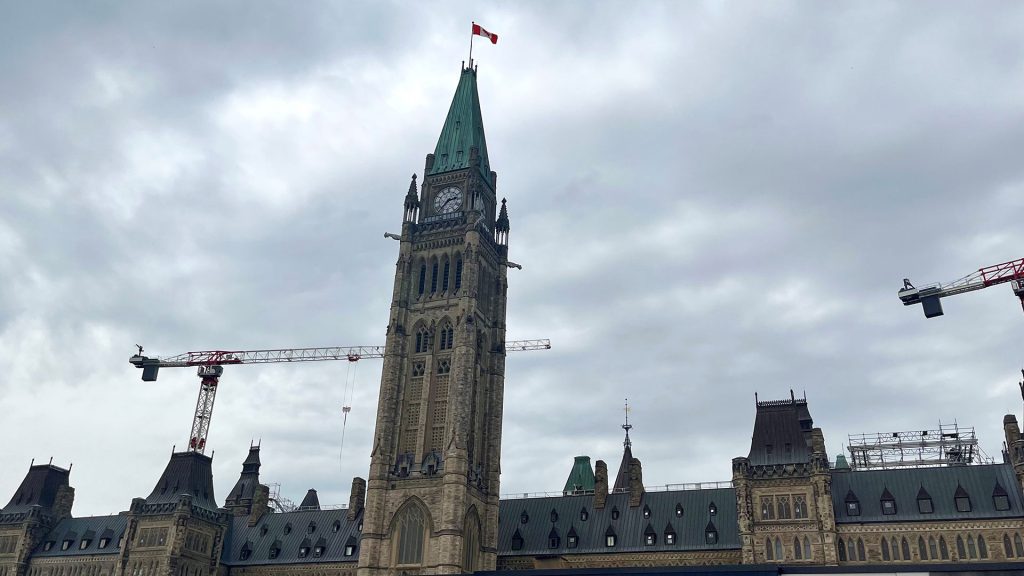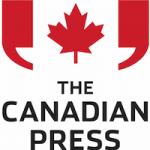
The federal government released its action plan on Wednesday to implement the United Nations Declaration on the Rights of Indigenous Peoples.
The government had presented its draft to chiefs gathered for a meeting of the Assembly of First Nations.
They formally called on Ottawa to do more consultations, and a lawyer who had been working with the assembly on the issue said the document contained too much “noncommittal language.”
Justice Minister David Lametti said at the time that he knew the draft was not perfect and there was a lot of room for improvement.
The minister said Wednesday that following the gathering there were “intense” discussions about the document, and new measures were added.
Although its release came with no new funding commitment, Lametti said that will be discussed next.
The Liberal government said the finalized plan contains 181 measures it plans to take to uphold the advance the rights of First Nations, Inuit and Métis people.
Such measures include co-developing an approach to combat anti-Indigenous racism and guidance when it comes to engaging Indigenous Peoples on the development of resource projects.
The government had passed a law in 2021 requiring it to return to Parliament with an implementation plan by June.
Lametti said the two-year timeline was “ambitious” and had been requested by Perry Bellegarde, the assembly’s former national chief.
“We made it,” he told a crowd of Indigenous leaders gathered in Ottawa for the report’s release.
“This represents a historic moment.”
Lametti said the document is not perfect and is not designed to be “static.”
Crown-Indigenous Relations Minister Marc Miller echoed his comments, saying it represents only the beginning of a process.
Read More:
Feds’ draft plan to enshrine UNDRIP ‘not perfect’ says Lametti
But a number of chiefs from Alberta took issue with the government’s consultation process – and the day the law was introduced.
“… at no point has Canada met with our Treaty Nations to discuss either the goals or the methods within the UNDA Final Action Plan – a plan which we know will impact us for generations. Treaty Chiefs of our Nations have received reliable information of the federal government’s intention to repeal the Indian Act as part of this “Plan”. To make this announcement on the summer solstice, one of the most sacred days for our peoples is deceptive – while our people are celebrating our culture, language and existence.”
The Congress of Aboriginal Peoples circulated an open letter to Lametti on Wednesday saying it had been excluded from the process.
“It is not enough to say that you are consulting and co-operating with Indigenous Peoples, as purported in these documents,” read a letter signed by its leadership.
“The government of Canada must listen, be inclusive, and take action from the input Indigenous Peoples provide.”
Regional Chief Terry Teegee of the British Columbia Assembly of First Nations said Wednesday that he is among the chiefs who are concerned that the action plan as it is currently written could fall short.
But he added that he views it as a first step.
“Let’s take this step together,” he said. “Nothing good comes easy.”
Inuit Tapiriit Kanatami President Natan Obed said the UN declaration affirms the existing human rights held by the Inuit and other Indigenous peoples, which successive governments have ignored.
“Our rights are not second-class rights,” he said.










